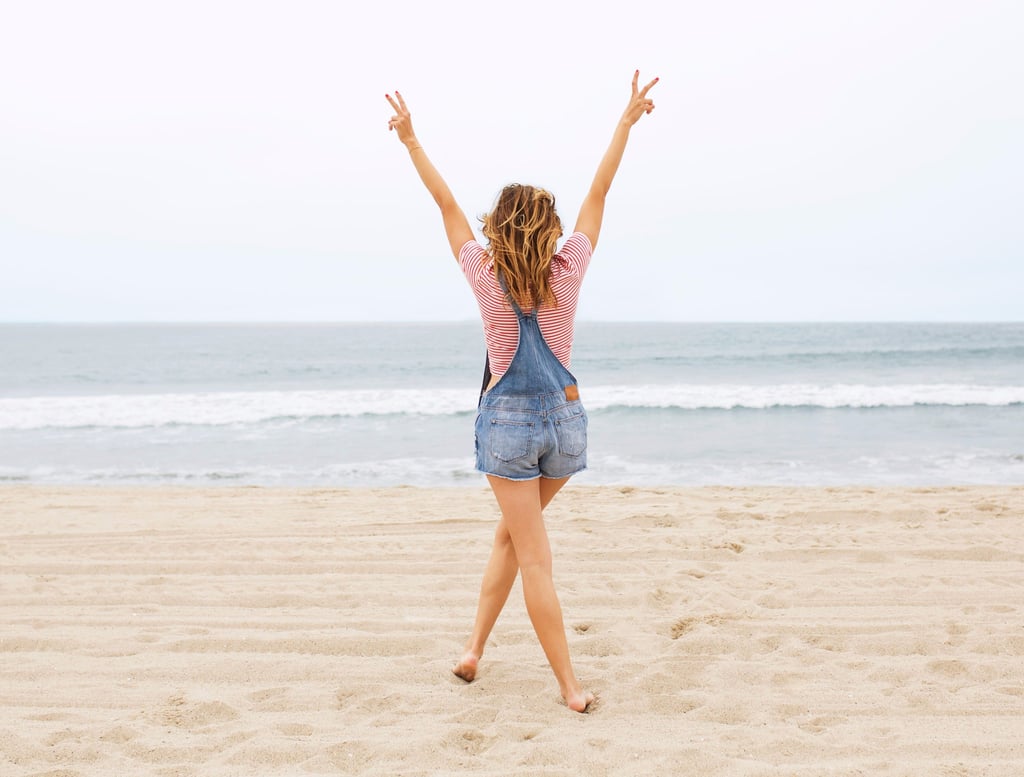I’ve read some supposedly funny things online about how people are choosing to live their socially distanced lives during this pandemic. Life in crazy times and how we’re dealing with it.
But there was a joke chart that made the rounds on social media that was more annoying than funny. It asked people which of the things listed on the chart they were now doing during their stay-at-home. They included “fun” things like staying in PJs and slippers for days at a time, not bothering to shower daily or brush your teeth or hair. Of course, I assume that they were in jest—they had to be in jest, right? But—
I didn’t find any of them funny.
Times of crisis allow us to see just how resilient we really are. It’s easy to be resilient during good times. The barista got your order wrong? Minor problem. It will be adjusted—a new cup of latte can be made. Stuck in traffic? No sweat—work an extra hour at the office. See? Resilient!
But when a crisis hits you, that’s the time to find out exactly what you are going to do to maintain a sense of normalcy, to find out how resilient you can be. Sometimes it may take a while to find your resilient self.
We all go through a kind of shock when life throws us a curveball. Okay, now what? How do I make sense of all this? It’s been over forty days that we’ve been social distancing and for many of us, we’re getting what experts are calling ‘quarantine fatigue’. We think things like, does it really matter if I sit on the couch or lie in bed watching endless movies or binge-watch a series all day long? What’s the point of even getting up when all I do is stay in the house all day, every day!
I admit I had some bad moments myself. Bored, annoyed, then finally angry at this self-imposed social distancing, I had to find my way out of the ‘pit of blahs’ and do something. I’m an author by trade and being alone with my computer in my home office is a big part of my day but I found that I was suffering through a kind of ‘mental malaise’ brought on by social distancing—no lunches out with friends, no editors’ meetings—that made writing difficult. It was worse than the infrequent writer’s block that affects all writers at times. Fellow authors I contacted on Zoom said basically the same thing.
So what to do?
Well, for one thing, I found that keeping a routine of sorts helps. Making up my mind to adhere to as normal a routine as possible, I did the following things. I made my bed each day, had coffee and breakfast at the same time as before this stay-at-home began, took a shower, brushed my teeth, and put on fresh clothes—usually yoga gear and sneakers—every day. No PJs, no slippers, no un-brushed hair for me. I even put on make-up, minimal but nice, and found that it made me feel, well, normal.
The next thing was to get some form of exercise and that was harder than I expected because I had a case of inertia—I was okay with staying on the couch, in a chair, doing nothing physical. My body felt it too.
Forcing myself to ‘get up and move’, I began taking a brief walk every afternoon, making sure to keep social distancing. My body protested at first—my knees, my back, my drooping posture—but I kept at it. I found that the fresh air had a tremendous impact on my mind. Cold air, rainy days, hot air, it didn’t matter. I was outside. After those walks, my mind felt refreshed and creative and I spent three hours writing.
After lunch, I did twenty minutes of a ballet barre video I downloaded, followed by fifteen minutes of a Bachata dance class. The ballet barre stretches made my body feel loose and comfortable and dancing was just plain fun! Hard at first? Oh, you bet it was. I was out of breath and sore but I found out something important—no matter what, it felt good to move.
My daily routine is making staying home more bearable. I know what I have to do and I’m finding that the mental malaise is lifting and I’m feeling better. I found my resilience through a structured routine. I’m not giving in to quarantine fatigue. Creating a routine is a good and positive thing to do. Try it and see. It really does help.


